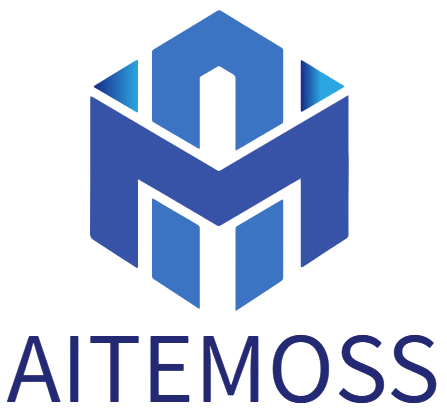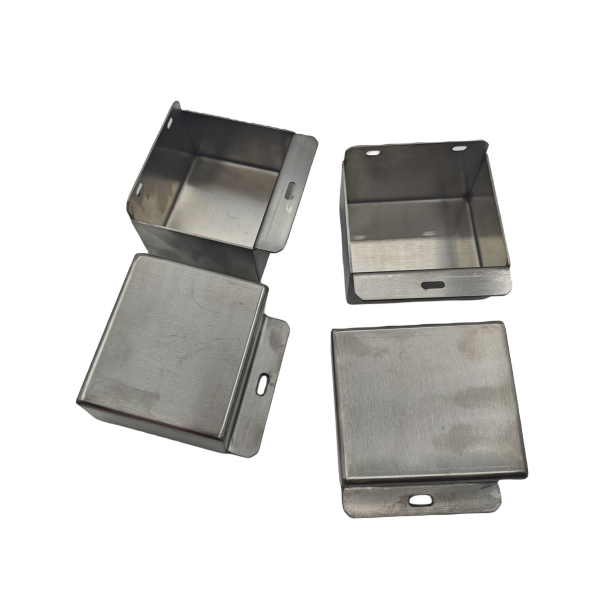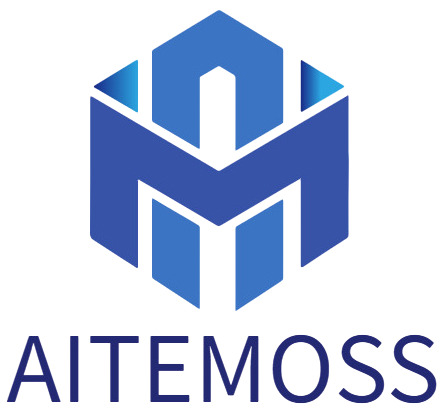CNC (Computer Numerical Control) machining is a contemporary way to produce spare parts and components from metal or plastic. These machines are created to be incredibly exact, so they can produce parts in the defined dimension and shape per specific strategies. Precision would mean about getting to be exact while accuracy is all on becoming right. The slightest discrepancy in the machining process can strongly impact on how your product looks at the end. This is exactly why CNC machining has to be as precise and accurate as possible. If they are missing, the parts that will supply could be defected or not work properly.
Factors Impact on Precision and Accuracy in CNC Machining
Of course, the results can be highly variable and these factors are far from indicating how precise or accurate CNC machining as a whole can get. Perhaps the most significant point is material quality. But if the raw materials are poor, it is impossible for an endproduct to be strong and durable. Furthermore the plans or blueprints which are essential to how much detail of that part be very accurate and precise. These plans can cause the machining process to go wrong if there are mistakes or they do not appear correctly.
The operator level for the person operating the CNC machine also significant. During machining, a more experienced operator can make better decisions and adjustments to the machine due knowledge of how it operates. This part are benefited the most and it can enhance precision of parts so much.
The type of machine used for the machining process is also essential to be taken into account. Different Types of CNC Machines with Specific Attributes and Use Cases Certain types of products are more suited for some machines than others. That's why it is crucial to choose the appropriate machine according to desired product and precision need.
Getting the Highest Precision and Accuracy in CNC Machining
For the complete precision and accuracy CNC Machining, it is necessary to consider a lot of factors.
Right tools: Tools should be appropriately aligned to the type of material used and design of tool. Tools can only be used on certain types of materials (different tools for metal, plastic). Also contributing to accuracy is the precision of those tools in and of themselves.
Material Quality: This is obvious and should be of high quality. Good materials ensure that the final item is robust, meets requirements and lasts longer.
The skills and training of the person operating these CNC machines is important. So, a skilled operator will leverage the tools well and tweak them when needed.
Machine Maintenance: It is also very important to maintain machines, making sure they are cleaned and well maintained. This involves maintaining the ovens by cleaning and a few other checks to make sure everything runs as well as possible.
Instruments to Maintain Precision and Accuracy
We can enhance precision and accuracy in CNC machining using many tools/technologies assist to check/maintain this. These include:
Laser Measurement Devices: These devices are utilized for the accurate measuring of the distance between cutting tool and work piece. This guarantees that all is lined up and in place before the machining procedure begins, something which should be correct to specification.
A Realistic ScannerThis is a 3D scanner that makes digital models of the parts to be made given today's technology. Scanning the parts also allow operators to compare with a scanned model its conformity with original design, aiding in part verificationcreasing product.
Machine Monitoring Software - The software which helps you to monitor how your machines are working. If this data shows anything unusual, or patterns that might have led to final product faults it will alert the operators and they can fix quickly.
Combining Technology and Expertis
Last but not least, blending technology with talented human hands is the key to getting best precision and accuracy in CNC manufacturing. Experienced employees can contribute their expertise reconfiguring the factory. They know that the devil is in details and how to act fast when things fall apart. Artificial intelligence alongside other technologies can help to delve into data from your machining process. This aligns very well with operator decision-making on what would be the best way of producing and to choose any tool for this.
Conclusion
In a nutshell, precision and accuracy has their own say in determining CNC machining to be the successful process. The quality of the used materials, what kind of machine is selected, choosing the right tools and using them, skills from our master behind it or maintenance at regular intervals are all necessary for this. Laser measurement systems and 3D scanners are instrumental in verifying and keeping up with this level of precision. The optimal combination of state-of-art equipment and quality personnel ensure that the demand for these final products is meeting specification at top performance. This attention to detail results in a higher quality, more reliable and more effective parts.


